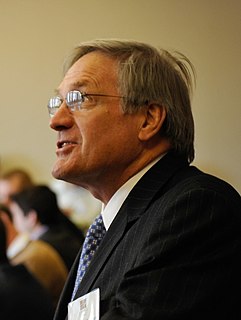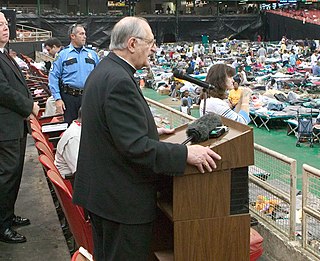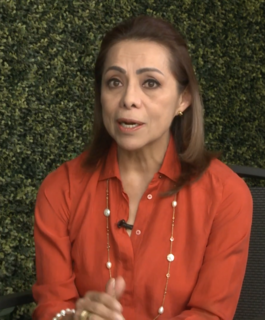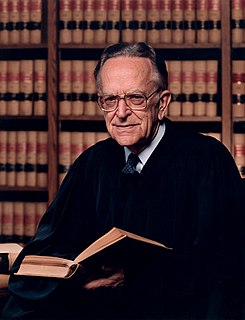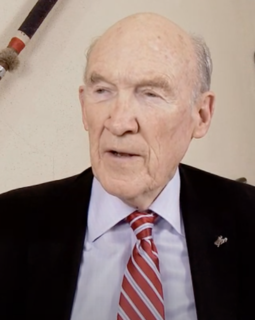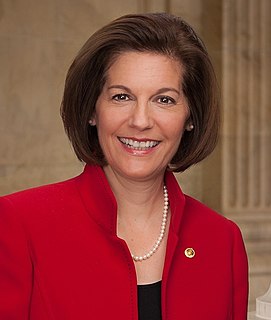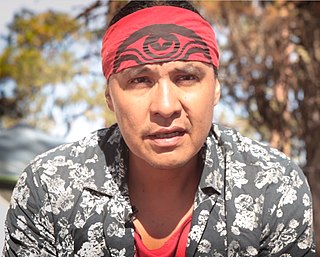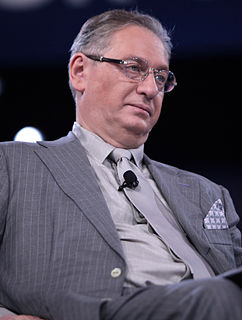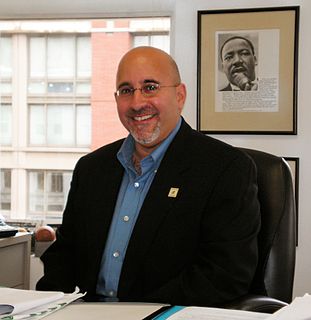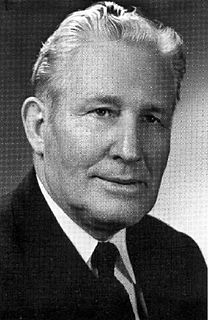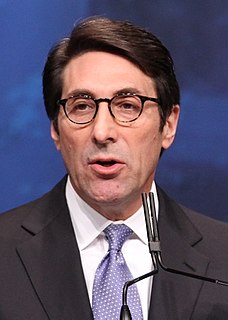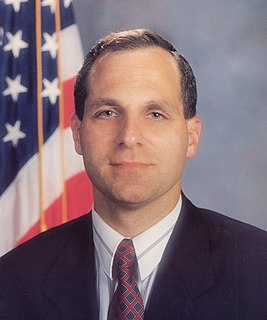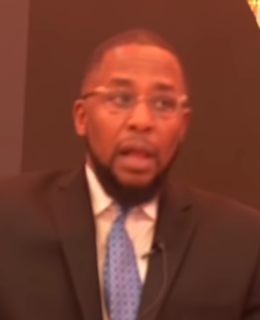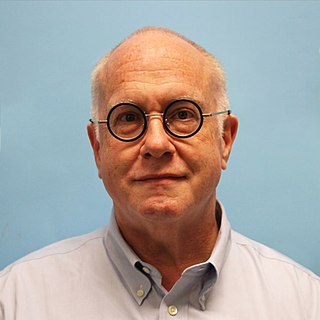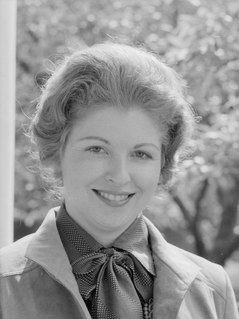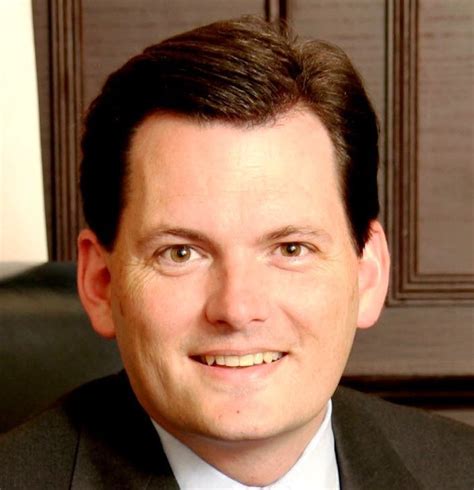A Quote by Scott Harshbarger
Eliminating the death penalty...will not hinder the prosecutorial capacity to seek, or the court's ability to impose, 'life without parole' sentences for serious, heinous crimes and criminals.
Related Quotes
When you look at the Bible, and I read the Bible very seriously, for a lot of my life, I believed the Bible ordained the death penalty, and the Bible seemed to be very clear about that. But the more I look, the more troubled I became because it's not that simple. In the Bible, there's some 30 death-worth crimes, like working on the Sabbath, or disrespecting your parents. Are we that fundamental that we should bring back that death penalty?
From this day forward, I no longer shall tinker with the machinery of death. For more than 20 years I have endeavored - indeed, I have struggled - along with a majority of this Court, to develop procedural and substantive rules that would lend more than the mere appearance of fairness to the death penalty endeavor. Rather than continue to coddle the Court's delusion that the desired level of fairness has been achieved and the need for regulation eviscerated, I feel morally and intellectually obligated to concede that the death penalty experiment has failed.
I support the death penalty. I think that it has to be administered not only fairly, with attention to things like DNA evidence, which I think should be used in all capital cases, but also with very careful attention. If the wrong guy is put to death, then that's a double tragedy. Not only has an innocent person been executed but the real perpetrator of the crime has not been held accountable for it, and in some cases may be still at large. But I support the death penalty in the most heinous cases.
